A microsporidian impairs Plasmodium falciparum transmission
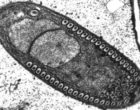
A Kenyan based group of researchers have identified a new microsporidian infecting field-caught mosquitoes that inhibits the development of the the malaria… Read more »

A Kenyan based group of researchers have identified a new microsporidian infecting field-caught mosquitoes that inhibits the development of the the malaria… Read more »
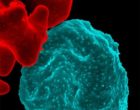
The holy grail of malaria research must be the development of an extremely effective vaccine against Plasmodium falciparum, the parasite that causes cerebral… Read more »
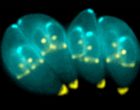
Researchers from the Whitehead Institute have overturned current thinking about the control of the differentiation process that forms transmissible tissue cysts… Read more »
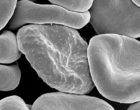
A recent study of the P. falciparum chloroquine-resistance transporter points to mechanisms underlying resistance to chloroquine and piperaquine
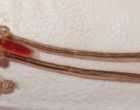
A year-long study confirms the usefulness of depth-based cages to protect farmed Atlantic salmon from sea lice infestation.
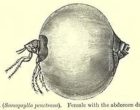
Many people living in tropical or sub-tropical regions are exposed to the risk of a debilitating infestation of these tiny sand-fleas, yet little is known of… Read more »
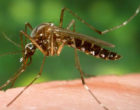
Some mosquitoes have a strong preference for feeding on humans rather than other vertebrates. Our smell is one of the cues they use to detect us. A recent… Read more »
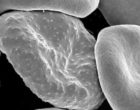
Recently published work suggests a toxin from the bacterium, Escherichia coli, could be a therapeutic tool for treatment of cerebral malaria.
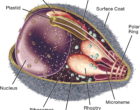
A recent study in Burkina Faso showed that genetic diversity in strains of malaria resulted in different degrees of disease severity and showed evidence of… Read more »

A look back over the first five years of BugBitten.